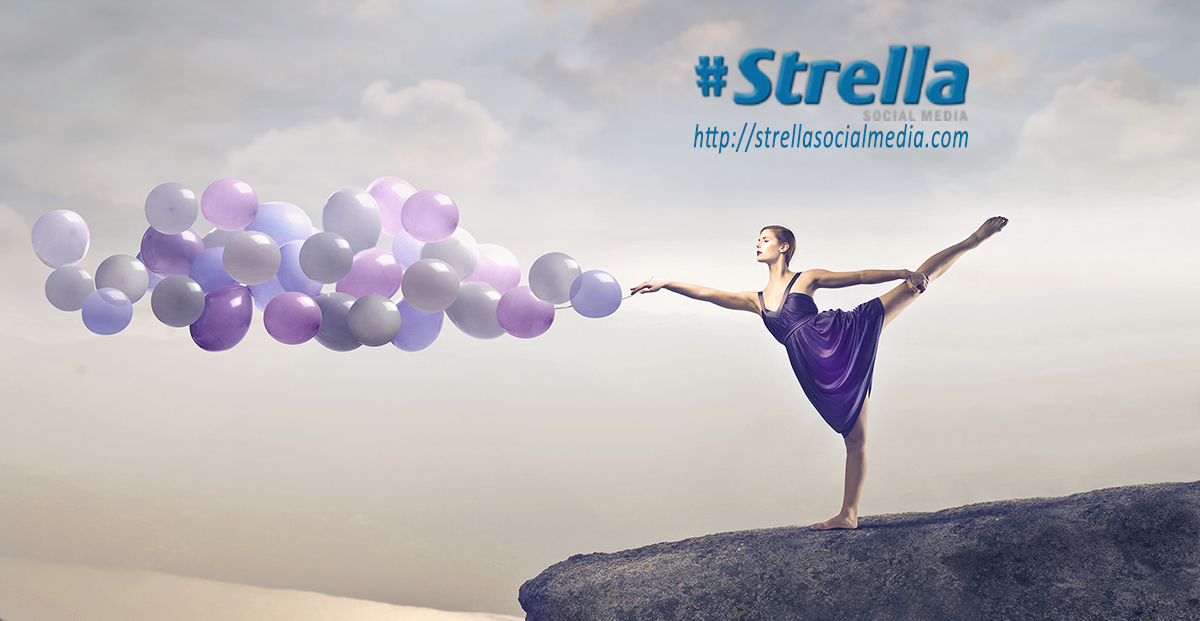A recent conversation with internet marketing partner, John Webster (who inspires several of my blog post topics) got me thinking about sales. He shared a New York Times article from 2009, The Sales Profession: Attention Must Still Be Paid, by Ben Stein. The writer reveals what makes sales so challenging - yet so brilliant, when done correctly. He called sales a ballet. “When done right,” he said, “it’s more than a job. It is an art. It’s a high-wire act.”
The opposite is said in the book, The Nanosecond Salesperson by Chuck Reaves. “Sales is a science, not an art,” according to Reaves. “As such, it is a measurable, predictable replicatable science.” His book showcases how sales professionals can rely on data and lean processes to not only close sales, but close them faster.
It’s clear that selling is complicated. I would argue that - just like writing – it’s both an art AND a science.
The art is understanding human nature - what people need and want - and how to help them get it. Timing, experience, and a deep knowledge of the products/services are helpful, but this is primarily a psychological strategy.
The science is the data to help us make informed decisions and close the gap from prospect to customer. It’s understanding business analytics so well that we can accelerate it.
But, here’s the trait I found of most successful salespeople… they are hungry for it. Science, alone, can’t close a sale. That’s the art. Salespeople have something about them that makes them ready for that next sale - anytime, anywhere. I recall a presentation by a local leadership expert, Dr. Murph, years ago. She said, “who you are anytime is who you are everytime.” Salespeople, as Stein says, “are aware that the next sale is behind the next door.”
Everyone is a potential customer, and because of this, salespeople are always ‘on’ – they are ready. Our purpose is to empower your sales organization with Sales Coaching to move from good to world-class.
Perhaps this why I do not consider myself to be a salesperson. Many argue that business owners, by default, must be sales-oriented. I’m afraid that charisma and laser-fast thinking ability are not a strong suit for my introverted personality. I am a writer. I need to think through tactics and plan the best way to respond.
Does that mean I should forfeit my role as a business owner? I would hope not. But, I do have one thing in common with sales professionals – I am hungry for the next opportunity to grow my business. No matter what my successes or failures, I learn something to help me better prepare for my next feast.
I am also a big believer that anything that can be measured, can be improved. This is where science is useful. If I track enough data, over time, I can spot faults in our systems and identify ways to improve. I can also track satisfactory outcomes and create a plan to replicate that process.
I asked Webster for the best sales advice he could offer. He said, “Know what you know, so well, that you can focus 100% on listening to the prospects’ problems and using your library of information to lead them to a solution.”
He gave me an example regarding his own business. “If a prospect says we have been having problems tracking online donations, I respond with, ‘we use Gravity Forms for that because it does XYZ. Using gravity forms will make receiving online donations something that just happens and you will not have to fiddle with anything.’”
Webster’s example illustrates another argument for science. If we know what we know well, we can use our knowledge to lead the prospect to the solution. But, his example also illustrates the art. Listening is an art. Determining when and how to transition your knowledge is an art. I’ve found that asking the right questions is also helpful. This is where the ballet occurs, as Stein accurately states.
Sales is an art and a science. Whether it comes natural or requires countless effort, selling requires hunger. Want it enough to get it... Dance for it. Sing for it. Make it happen.
